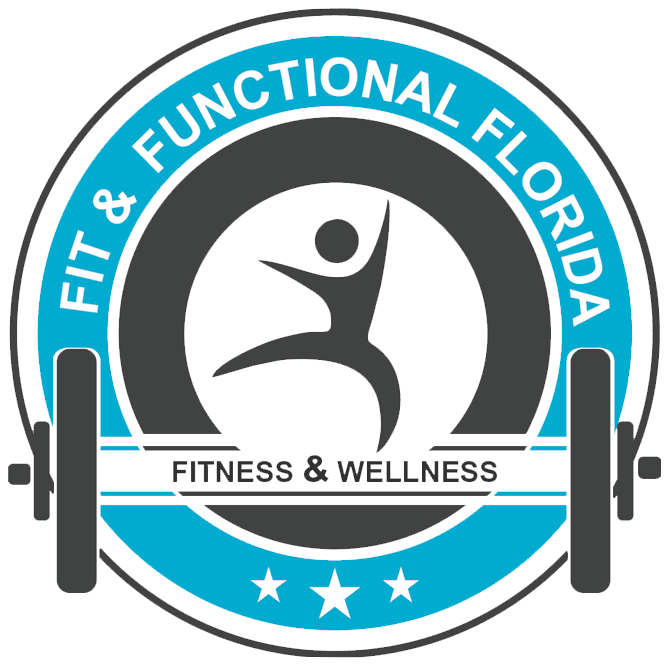Protein in Your Diet
2 min read
Proteins are complex organic compounds. The basic structure of protein is a chain of amino acids.
Function Every cell in the human body contains protein. It is a major part of the skin, muscles, organs, and glands. Protein is also found in all body fluids, except bile and urine.
You need protein in your diet to help your body repair cells and make new ones. Protein is also important for growth and development during childhood, adolescence, and pregnancy.
Food Sources Protein-containing foods are grouped as either complete or incomplete proteins.
Complete proteins contain all nine essential amino acids. Complete proteins are found in animal foods such as meat, fish, poultry, eggs, milk, and milk products such as yogurt and cheese. Soybeans are the only plant protein considered to be a complete protein.
Incomplete proteins lack one or more of the essential amino acids. Sources of incomplete protein include beans, peas, nuts, seeds, and grain. A small amount of incomplete protein is also found in vegetables.
Plant proteins can be combined to provide all of the essential amino acids and form a complete protein. Examples of combined, complete plant proteins are rice and beans, wheat cereal, and corn and beans.
Side Effects A diet high in meat can contribute to high cholesterol levels or other diseases such as gout. A high-protein diet may also put a strain on the kidneys.
Recommendations A nutritionally balanced diet provides adequate protein. Protein supplements are rarely needed by healthy people.
Vegetarians are able to get adequate amounts of essential amino by eating a variety of plant proteins.
The amount of recommended daily protein depends upon your age and health. Two to three servings of protein-rich food will meet the daily needs of most adults.
